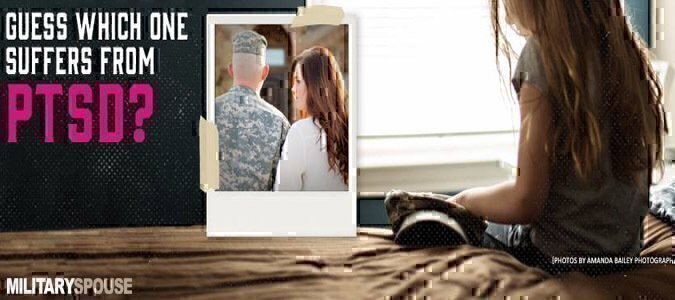The Implications
In relationships, PTSD in either partner may have a drastic effect on a marriage and exhibits itself in a variety of ways. In an article provided by the National Center for PTSD, authors note “Research that has examined the effect of PTSD on intimate relationships reveals severe and pervasive negative effects on marital adjustment, general family functioning, and the mental health of partners. These negative effects result in such problems as compromised parenting, family violence, divorce, sexual problems, aggression, and caregiver burden.”
What is more, researchers note a correlation between PTSD and the development of PTSD or other mental illnesses in the caretaker, “partners of Veterans with PTSD or other combat stress reactions have a greater likelihood of developing their own mental health problems compared to partners of Veterans without these stress reactions” (Price, PhD, J., & Stevens, PsyD, S. Partners of Veterans with PTSD: Research Findings).
Children that display symptoms of PTSD do so in a variety of ways and, when unchecked, can lead to self-harming behaviors such as “aggression, out-of-place sexual behavior, self-harm, and abuse of drugs or alcohol.” Emotionally, it may show itself in, “Fear, worry, sadness, anger, feeling alone and apart from others, feeling as if people are looking down on them, low self-worth, and not being able to trust others.” Younger children might also show signs of PTSD in their play. They might keep repeating a part of the trauma. These games do not make their worry and distress go away” (Hamblen, PhD, J., & Barnett, PhD, E. PTSD in Children and Teens –. PTSD: National Center for PTSD. The Department of Veterans Affairs).
PTSD is not uncommon. Dr. Herrera-Yee details, “PTSD sets in after a traumatic event has taken place, such as the violent death of a friend or family member, combat experience, or a natural disaster. It also lasts. It doesn’t just go away, and it affects everyday life.”




